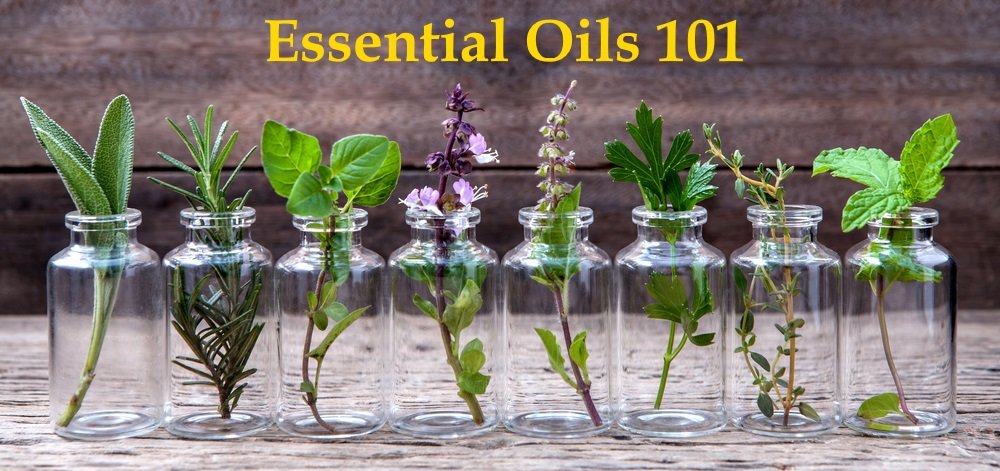
Essential oils are the concentrated extracts derived from different parts of the plant including: roots, leaves, seeds, resins, barks, or flowers. These oils are highly concentrated. It can take a pound of peppermint leaves to make a drop of Peppermint Essential Oil and approximately 50 rose flowers to create just a single drop of Rose oil!
These precious oils are highly concentrated, and should never be underestimated. Even when used sparingly, they can offer immense therapeutic benefit. With Essential Oils, less is always more. A little goes a long way!
The complex chemical composition of Essential Oils is how we receive the Therapeutic benefits through inhalation and/or external application on the body.
What is a Carrier Oil?
Carrier oils are also referred to as base oils, and are a natural vegetable oil used to dilute Essential Oils in before applications on the body.
Some examples of carrier oils include:
- Grapeseed
- Coconut Oil
- Almond
- Extra Virgin Olive Oil
- Avocado
- Cherry Kernel
- Jojoba
- Apricot Oil
These oils are high in a variety of nutrients such as fat soluble vitamins, antioxidants, and essential fatty acids. For the most part, carrier oils we use in aromatherapy are generally odorless with the purpose of not overpowering the aroma of the Essential Oil. Some carrier oils might have a light, nutty aroma that many find pleasant.
What is an Infused Oil?
An Infused Oil is carrier oil that has been infused with herbs. Infused oils are generally made with Extra Virgin Olive Oil as the base. The beauty of using an infused oil is that not only will it contain the properties of the Essential Oils you add to it, but you will also receive the benefits of the herbs that have been infused in it. There are some herbs that we do not have available as
Essential Oils or are very rare to find, but by using infused oils we can still receive the benefits of these botanicals.
Some examples of infused oils include:
- Capsicum
- Garlic
- Plantain Leaf
- Rose Petal
- Whole Chamomile
Diluting
ALWAYS dilute the essential oil in an oil based carrier. When using a carrier oil, essential oils will stick with the fats in these oils. You will also have the best absorption into your skin, and will avoid skin irritation. Not only that, but by blending with other oils, such as Jojoba, you will receive the nourishing skin benefits as well.
Dilution Chart – Below is a chart you can use when diluting in your favorite carrier oil.
| 1% Dilution 1 oz. (Carrier Oil) (30 ml) — 5 to 6 drops (EO) 2 oz. (Carrier Oil) (60 ml) — 10 to 12 drops (EO) |
2% Dilution 1 oz. (Carrier Oil) (30 ml) — 10 to 12 drops (EO)2 oz. (Carrier Oil) (60 ml) — 20 to 24 drops (EO) |
3% Dilution 1 oz. (Carrier Oil) (30 ml) — 15 to 18 drops (EO) 2 oz. (Carrier Oil) (60 ml) — 30 to 36 drops (EO) |
| 1% Dilution — Use for children (under 12) pregnant women and people with long-term illnesses or immune system disorders. A 1% dilution is also a good place to start with individuals who are generally sensitive to chemicals, fragrances, or other environmental pollutants. |
2% Dilution — Use for general wellness supporting products such as bath oils, skin care, natural perfumes, or for blends you like to use on a daily basis. | 3% Dilution — Use this dilution when creating a blend to address a specific, acute health concern, such as pain relief or getting through a cold or flu. |
Storing Essential Oils
Essential Oils should always be kept in a dark amber or cobalt blue class bottle. Store oils in a cool, dark place.
Essential Oil Blends
Essential Oils work better together! Blending more than one Essential Oil is key to have a superior formula. When Essential Oils are blended properly, each of their individual properties can be greatly enhanced.
Barefūt Eternity Blends are synergistically formulated so that it takes the guess work out and you can have the convenient, ready to use formula in one bottle.
Essential Oil Safety
- Essential Oils should never be used undiluted on the skin.
- Do not take essential oils internally without appropriate advanced aromatherapy education and understanding of the safety issues involved in doing so.
- Keep essential oils away from the eyes.
- Keep all essential oils out of reach of children and pets.
- Do not use photosensitizing essential oils prior to going into a sun tanning booth or the sun. They cause the skin to be more sensitive to sunlight (actually any ultra violet – UV – light) and one would therefore burn and damage more easily. Stay out of the sun or sun tanning booth for at least twenty-four hours after treatment if photosensitizing essential oils were applied to the skin. This is more common with the oils from the citrus family, when they are extracted by direct expression and without distillation.
Essential oils that may cause sun sensitivity:
|
* Unless it is bergaptene-free oil – sold as Bergamot FCF |
- Less is more- It takes a whole lot of plant material to extract Essential Oils. The smallest amount of Essential Oil can usually get the job done.
- Do not take essential oils internally without appropriate advanced aromatherapy education and understanding of the safety issues involved in doing so.
- Use only high quality oils from reputable sources.
- Store oils in a cool, dark place.
Are you new to using Essential Oils?
What do you like best so far?
Please share!

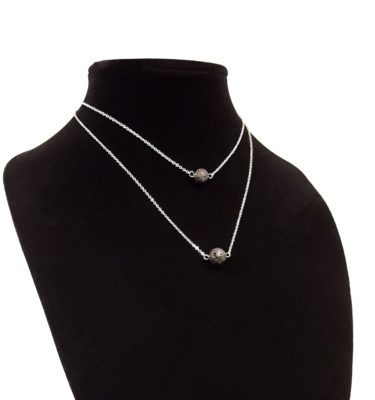
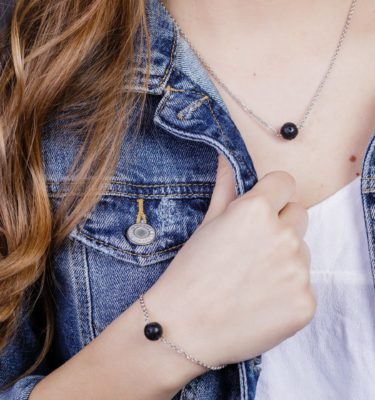
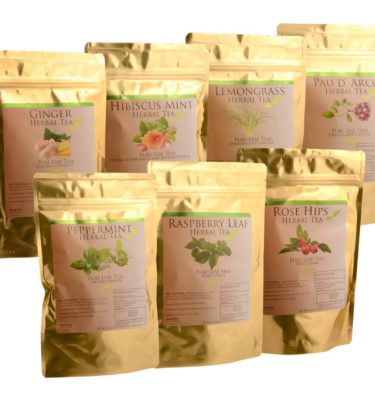
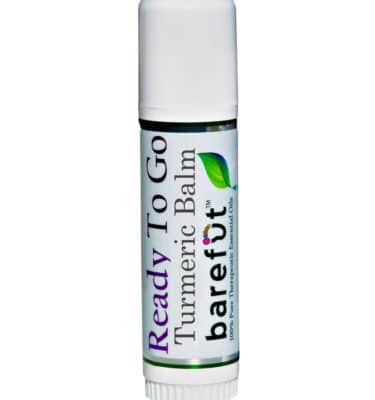
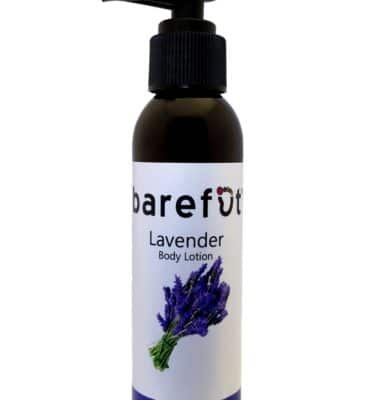
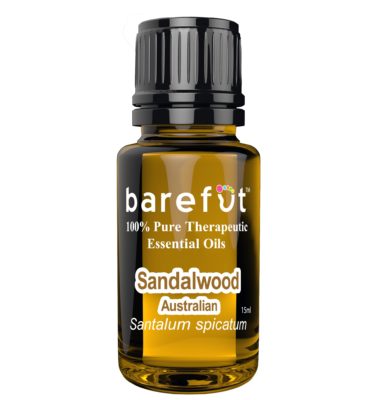
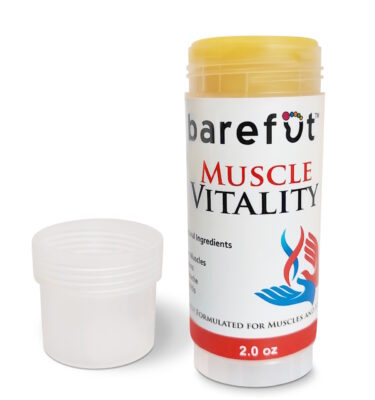
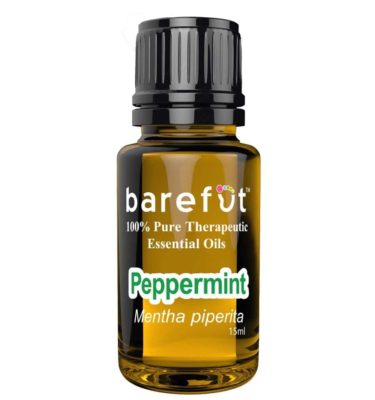
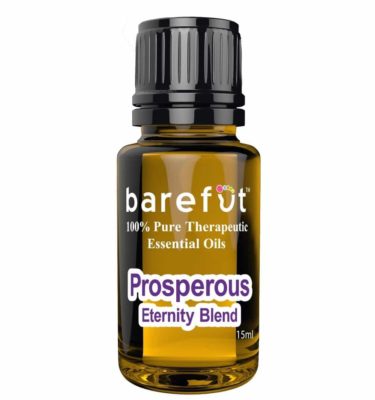
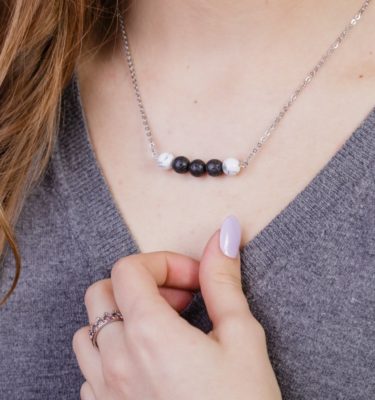
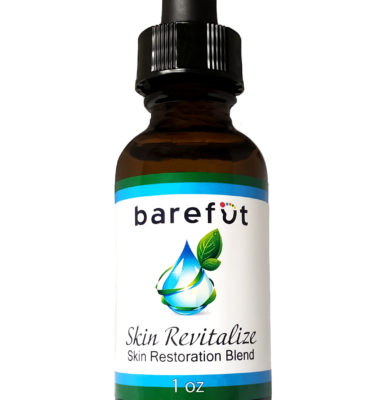
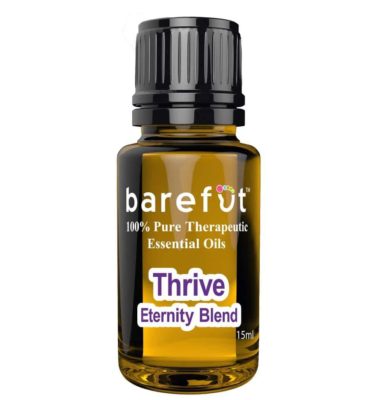
I do a lot blending with carrier oils. Thank you so much for all the information you have always helped me get through my stepping stones into learning more and more through my learning. Barefút ROCKS!!!!
Hi Teri! That is awesome, we love hearing about how you are benefiting from the information and making your blends! <3
I have a light mist aromatherapy diffuser. How long should at a time should I diffuse? 30 minutes? 60 minutes? Thank you!
I keep trying to find out if it’s ok to blend my essential oils (either with or without a carrier) and store them blended so I can do more than a few drops at a time and save time. Please advise?
Yes, that is ok to do.
30 minutes at a time is good
I have read Frankincense can be taken sublingually, what are your thoughts on this?
The International Federation of Aromatherapists does not recommend that Essential Oils be taken internally unless under the supervision of a Medical Doctor who is also qualified in clinical Aromatherapy. All cautions listed for individual oils do not include those cautions from ingestion.
I notice, in the article, “Yuzu” is written about, but I don’t think “Barefut” sells that oil? I hope “Barefut” will sell it soon as I love that oil and want to be able to get it through this company.
We do plan to sell it next year.
How are the essential oils extracted?
I am a consultant and have been waiting 3 days to be added to affiliate group.
Thank you,
Susan Herrmann-Bushong